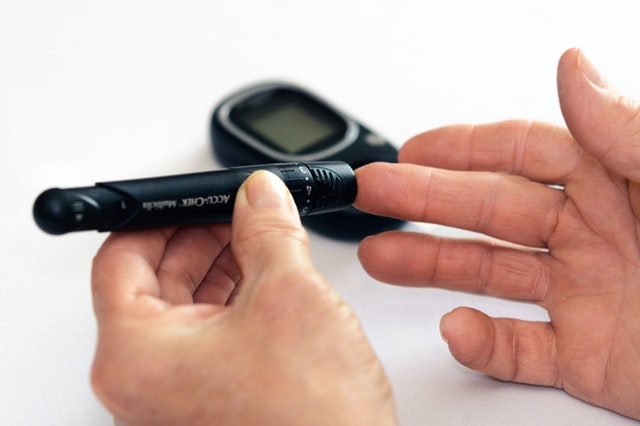Did you ever wake up in the morning and notice that your face and jaw are sore? Do you get up in the mornings with unexplainable headaches? Our dental office in Plainsboro wants to know if you’ve ever considered that your pain and discomfort could be caused by teeth grinding or bruxism. Read on and see if your smile is at risk because of clenching or grinding...
What Exactly is Bruxism Anyway?
Bruxism is defined as the involuntary habitual grinding of your teeth, mainly while you’re asleep. That’s what makes teeth grinding so dangerous for you and your smile. Many of the 30 million people who struggle with bruxism don’t even know they’re doing it, so they don’t know what signs and symptom they should be looking for. That’s why it’s important to have a partner like your dentist in Plainsboro who can see the early warning signs and help you fight your bruxism before it badly damages your teeth.
What Causes Bruxism or Teeth Grinding?
The American Dental Association says there three big reasons why patients of all ages grind or clench their teeth while sleeping. While we break them down here, ask yourself if any of these could be affecting you oral and overall health.
1. Anxiety or Stress - This is a big one that so many people can relate to, especially when life is busy and demanding. Worrying or feeling stressed can cause us to tense up making it all the more likely you’ll start to clench your jaw or grind your teeth. It’s important to address your stress before it ruins your smile and your sleep.
2. Having a Bad Bite - Sometimes when your teeth are out of alignment, it can cause problems with your temporomandibular joint (TMJ) and the surrounding facial muscles. Your muscle can start to spasm during sleep causing you to grind your teeth together in response.
3. Medical Complications - Some patients who grind their teeth at night could have an underlying, undiagnosed medical condition such as Parkinson’s or Huntington’s disease or even acid reflux. Bruxism is also a side effect of certain prescription medications.
Stop ignoring your pain or masking it with medications. It’s time to call our Plainsboro dental office as soon as possible before your teeth become damaged or broken. We can give you a comprehensive, thorough exam, learn more about the symptoms you’ve been experiencing, and monitor your bite. From there, we’ll be able to address the severity of your teeth grinding and put together a personalized treatment plan for you.




















